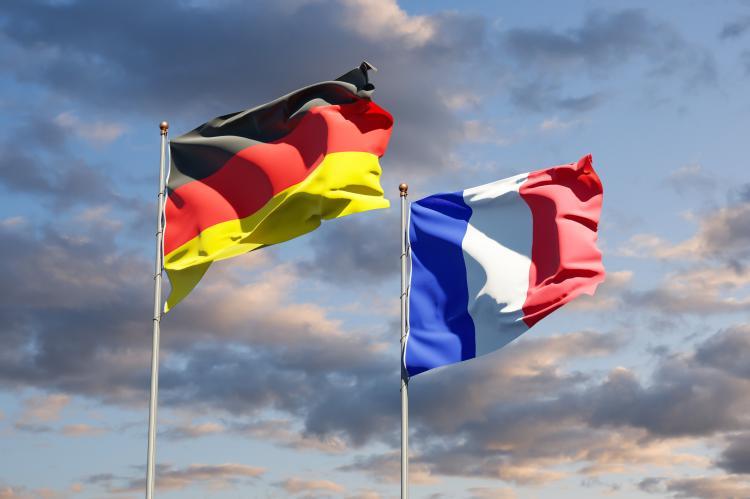France and Germany To Reactivate The Interconnector

France and Germany have agreed to reactivate a gas pipeline originally built for east to west flows to help each other over the approaching European winter.
In an energy agreement unveiled by French President Emmanuel Macron, France will deliver 130 gigawatt hours (GWh) per day, a tiny fraction of German needs, French energy ministry officials have previously said, while Germany will be ready to provide France power in the event of tight supplies mid-winter.
Macron is under pressure to shore up France's power imports, with the country's state-run power giant EDF grappling with scorching weather and consequently raising river temperatures,
The French utility said late Tuesday that power stations on the Rhone and Garonne rivers will likely produce less electricity in the coming days, but there will be a minimum level of output to keep the grid stable. A heat wave is pushing up river temperatures, restricting the utility’s ability to cool the plants.
Thus Europe’s biggest producer of atomic energy, usually a net exporter of power for most of the year, is importing now. The nuclear issues are not just a problem for France but for countries such as neighboring Germany, which may have to burn more gas to keep the lights instead of preserving the fuel in storage for winter.
For its part, Germany has been at the sharp end of Russian cuts to European gas supplies, resulting in worries that persistently low Russian volumes could lead to winter shortages.
"Macron is under pressure because of the electricity situation in France. So the signal 'Germany and France support each other' is important," a German government source told Reuters.
"We do not expect that France will solve our gas problems. But every possible delivery of gas is a sign to the markets that we will pull through the winter."
The reactivated interconnector will allow France to deliver Germany up to 20 terawatt hours (TWh) of gas from its reserves over the winter - equivalent to roughly 2% of the gas needs of Europe's largest economy.
Before the war in Ukraine and the cuts to Russian deliveries, gas typically flowed from east to west across the continent.
France already delivers some gas to Germany, typically via Belgium or Switzerland. West-to-east flows through the Moselle interconnector would be a first, one French energy ministry said.
"Germany needs our gas and we need power from the rest of Europe, notably Germany," Macron told a news conference after a phone call on Monday with German Chancellor Olaf Scholz.
French and German technocrats were working to overcome small technical matters and regulatory issues related to ordorants, a French energy ministry official said. France adds odorants to gas before it is piped across the country, while Germany does not.
